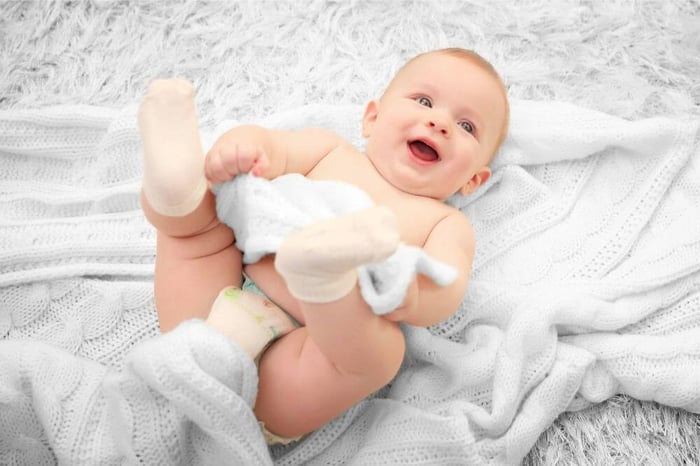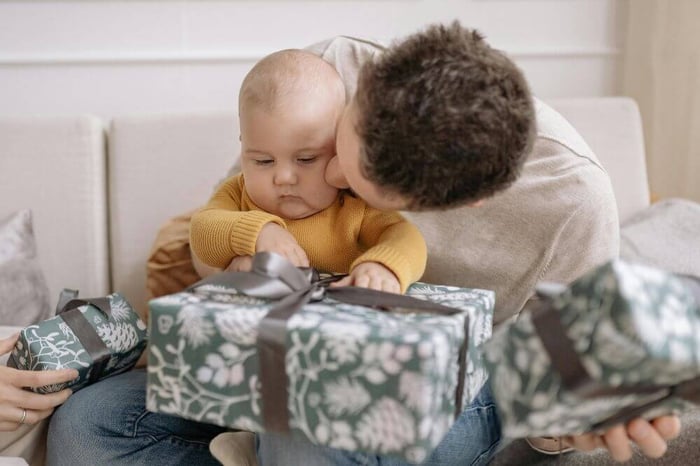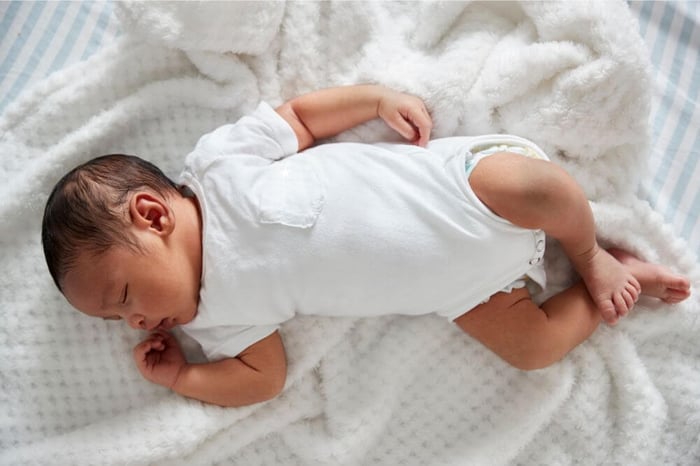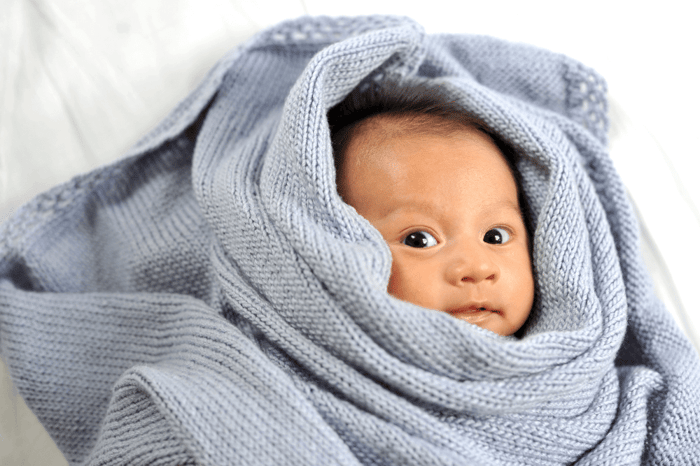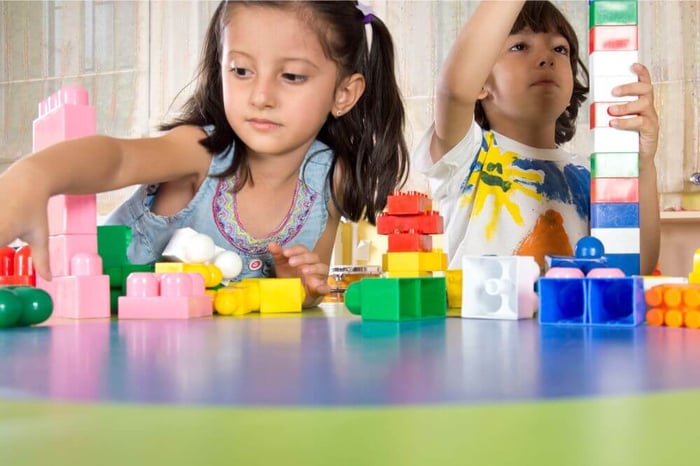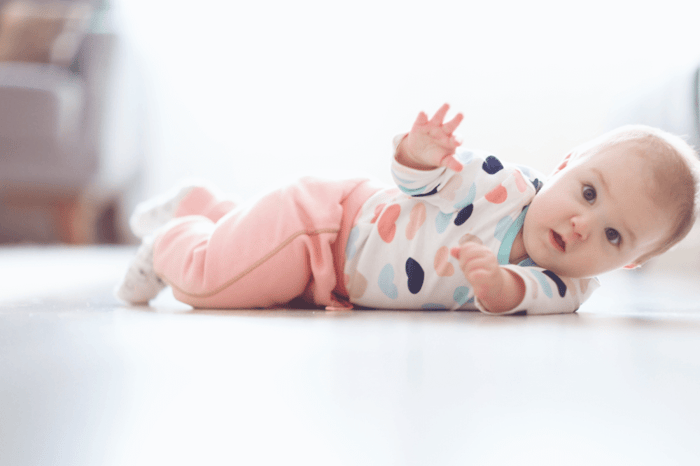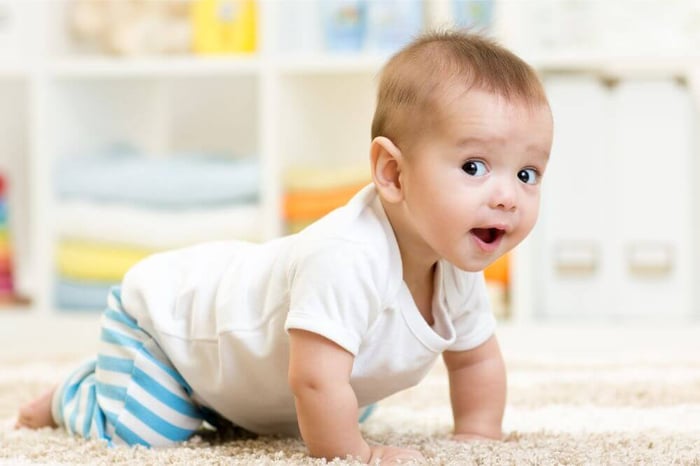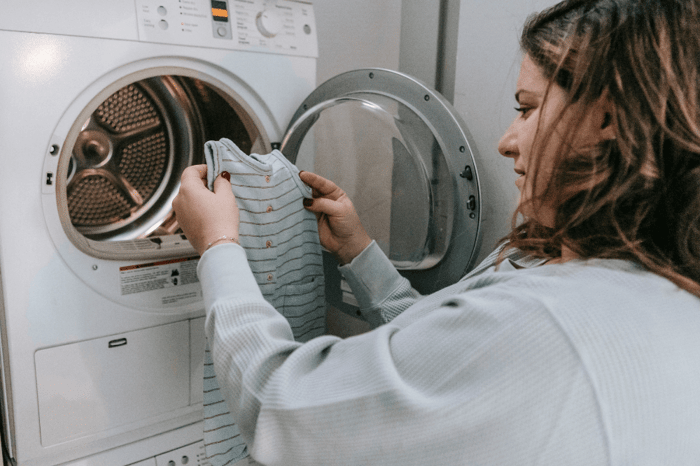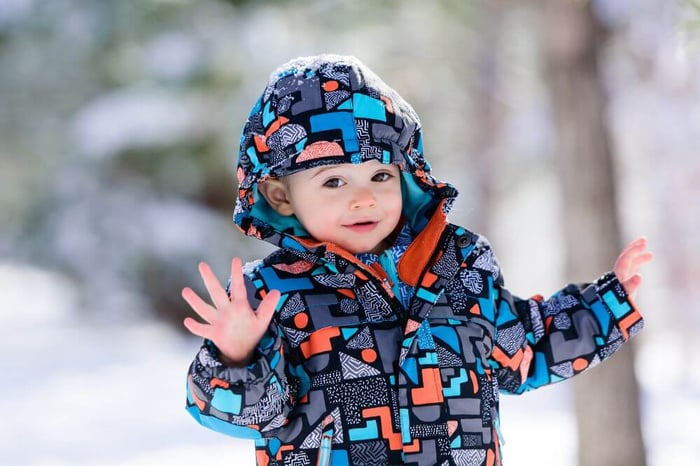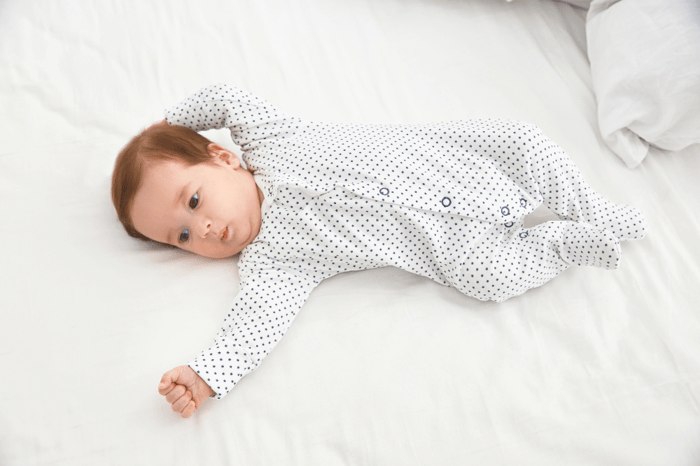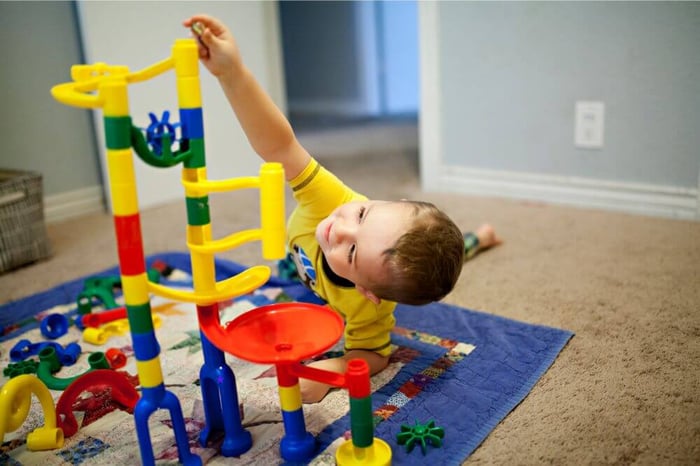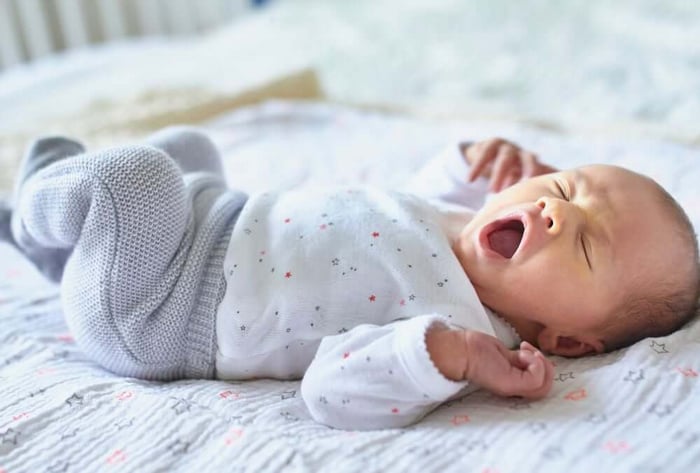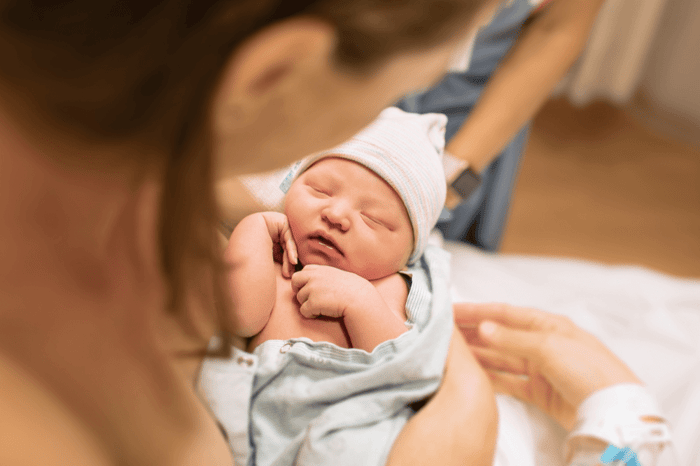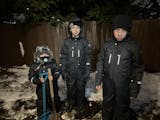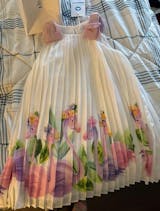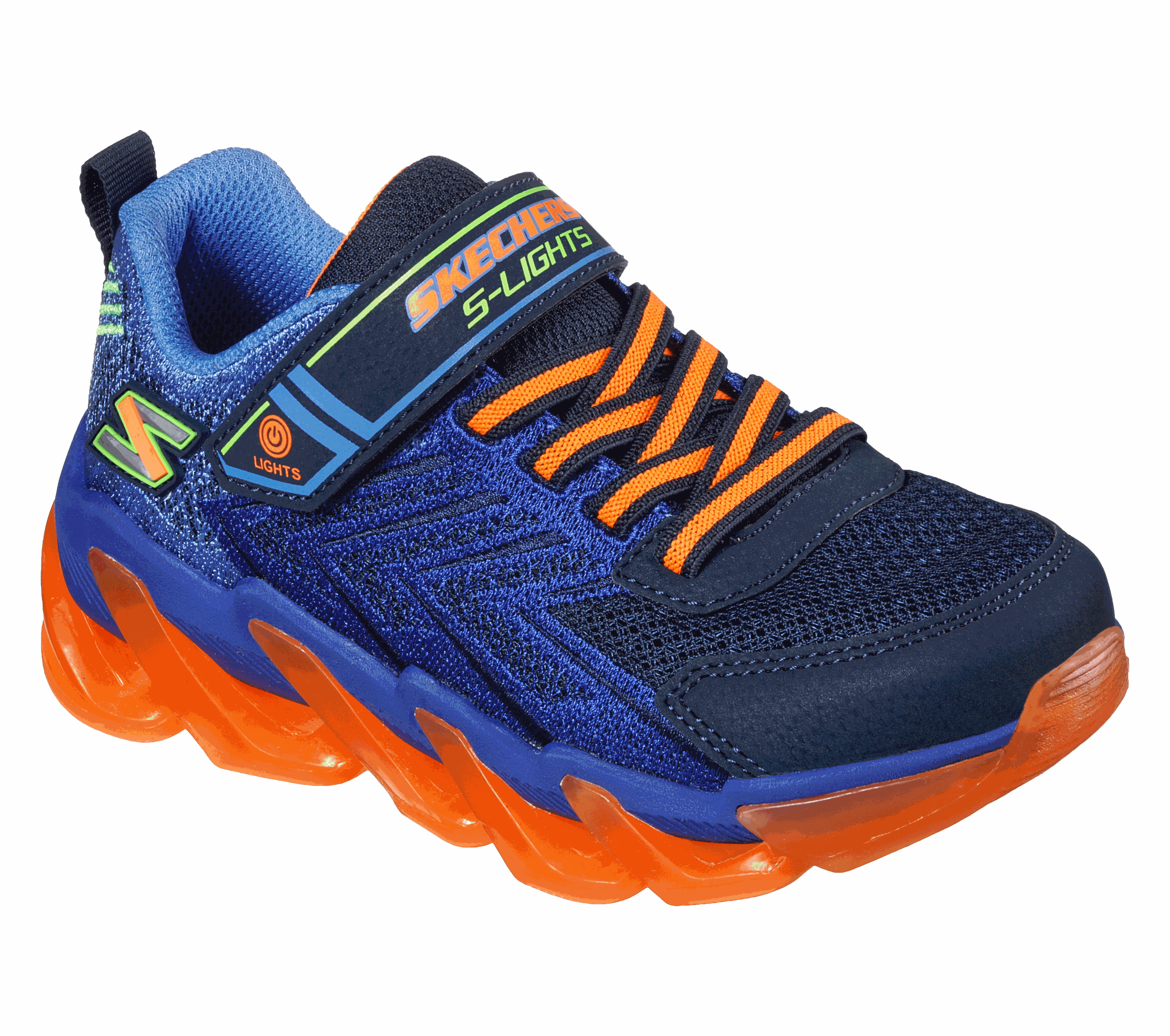Do newborns need socks? That's a question every new parent has thought about while looking at those teeny, tiny, wiggling baby toes. It's almost like those little piggies are asking if they should be wrapped up cozy or left free to wiggle.
You might think those cute little feet are just there to complete the world's most adorable footprints, but there's actually a cozy debate surrounding those ten-pint-sized piggies. So, is it a necessity, or are we just dressing those tiny feet for the cutest kicks on the block? Let's find out and make those tiny toes the happiest they can be!
The Great Debate: Do Newborns Need Socks
Newborn clothes are more than just tiny fashion statements; they are the first line of defense against the world. The question of keeping socks on babies is not just a matter of temperature—it is a dance between comfort and development.
Some argue that socks help keep those piggy wigglers warm, especially in the chill of winter or under the blast of air conditioners. Others claim that free toes help babies learn and explore the world under their feet. Let's explore each theory in detail.
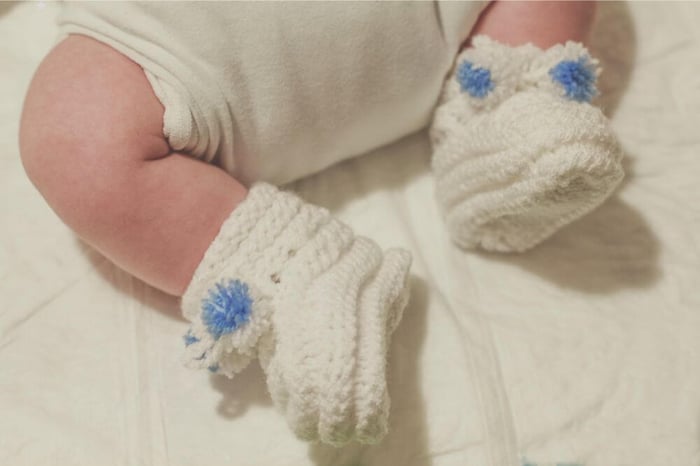
Pros of Newborns Wearing Socks
Warmth and Comfort
Imagine a mini campfire for each foot—that's what socks are like for newborns. Just as you would not go camping without a sleeping bag, you would not want your baby's feet getting chilly. Newborns are not the best at keeping themselves warm, so socks are like cozy sleeping bags, keeping their tiny toes toasty and snug.
Protection
Socks are the unsung knights in soft, cotton armor. They defend against the harsh realities of sun, cold, and friction. For newborns, who are just as likely to kick their legs about as they are to grab their feet, baby socks that stay on offer protection while allowing for that adorable toe-fiddling that babies so love to do.
Hygiene
Babies explore the world through touch, and this includes grabbing their feet. Socks help keep their feet clean and reduce the risk of infections that might come from exposure to dust, dirt, or other allergens, especially when they are in public places or simply enjoying time outside their home nursery.

Sensory Development
Contrary to the belief that socks might hinder sensory development, the right kind of socks can actually stimulate a baby's sense of touch. Many of the best baby socks come with varying textures and are woven with playful patterns and colors that invite baby's touch and engagement, sparking curiosity and encouraging those little hands to explore as much as they explore with their mouths.
Completes Outfit
Let's not underestimate the power of a well-chosen sock to complete an outfit. Whether they are stripes to match a onesie or a funky pattern that pops, socks add that extra flair to your baby's wardrobe, making newborn clothes look even cuter—if that's even possible!
Health Monitoring
In today's world, even socks are smart. Some socks are like mini-computers, equipped to monitor heart rates and oxygen levels, making them a part of your baby's essential infant footwear collection.
So, while the world won't end if your baby's feet occasionally go commando, there are plenty of reasons to wear the humble sock. They are small, but they pack a mighty punch in the comfort, protection, and even style departments.
However, like all great debates, there are two sides to the sock story. Next, we will discuss the reasons some parents and experts advocate skipping socks from time to time, giving those little feet the freedom to explore just as nature intended.
Cons of Newborns Wearing Socks
Overheating and Discomfort
Just like wearing a heavy sweater on a sunny day can make you uncomfortably warm, socks can sometimes cause your baby to overheat. Babies' bodies are still learning to regulate temperature properly, and too many layers, including socks, might make them fussier instead of comfortable. In warmer climates or during hot weather, those little feet might appreciate some freedom.
Hindrance to Developmental Milestones
When babies start to explore the world through their senses, every touch counts. Feeling the ground with their bare feet can be an essential part of how they learn about their environment. Socks on babies might restrict this tactile exploration, which may delay their motor skills development as they learn to crawl or walk. The grip and texture of the floor can provide the necessary feedback that socks might mute.

Risk of Restricted Circulation
Finding the best baby socks that stay snug without digging into those chubby ankles can be a challenge. Tight socks, especially on constantly growing feet, can restrict circulation if not sized correctly. It is like wearing a ring that is too tight; it is not just uncomfortable, it could impede proper blood flow.
Dependency on Artificial Warmth
Constant use of socks might make babies overly dependent on artificial sources for warmth, possibly affecting their natural ability to adjust according to varying temperatures. Think of it like always needing a blanket to sleep, even when it's not that cold. Learning to adapt to different temperatures is super important, and sometimes, those little feet need to test the waters themselves.
Frequent Loss and Maintenance
Any parent will tell you that keeping track of baby socks is like trying to herd cats—they are small, they get lost easily, and you end up finding them in the strangest places. This can add an unnecessary layer of maintenance and expense, constantly replacing socks that disappear into the black hole of the laundry machine.
Potential for Skin Irritations
Babies have sensitive skin, and not all socks are created equal. Some materials may possibly cause allergic reactions or irritation, acting more like a scratchy tag on a shirt than a soft blanket. Infant footwear needs to be chosen with care to avoid materials that might lead to discomfort or rashes.
Choosing the Right Baby Socks
When it comes to selecting the best baby socks, there are a few key features to look for:
- Fit: Choose socks that fit snugly but not too tightly. They should not leave marks on your baby's skin. Many brands offer baby socks that stay on effectively, designed with ribbed cuffs or Velcro straps to ensure they do not kick off easily.
- Material: Look for breathable materials like cotton or bamboo, which keep feet warm without overheating. These materials help in maintaining an optimal temperature that provides warmth without causing overheating. It is like picking the perfect bedding for a delicate flower; you need something that will support it without stifling growth.
- Elasticity: Socks with proper elastic bands can stay on without being too restrictive.
- Allergy-Safe: Finally, if your baby has sensitive skin, look out for hypoallergenic options that are free from dyes and chemicals that can cause irritation.
Final Verdict: Do Newborns Need Socks Or Not?
As we tuck in the final thoughts on "Do newborns need socks?", let's wrap up like a cozy little burrito, all snug and content. Socks act as both tiny thermal blankets for those itty-bitty feet and as knights guarding against the chill. Yet, just as a butterfly needs to spread its wings, sometimes those little toes need the freedom to flutter and feel the world.
Choosing the sock or no-sock path is much like choosing the right ice cream on a sunny day—there's no one flavor that fits all! It's about scooping up the right fit for your baby's needs and the weather outside. Will those toes be wiggling in the warm hug of socks or dancing barefoot on the soft carpet of your home?
Just remember, each step is about finding what makes those tiny toes happiest!
FAQs
Do newborns need socks in summer?
Whether do newborns need socks in summer depends largely on the environment. In warm weather, socks may not be necessary unless the baby is in a cool, air-conditioned room. Lightweight socks can also offer protection from the sun during outdoor activities, but make sure they are lightweight to prevent overheating.
When should I start putting socks on my newborn?
Socks can be introduced to a newborn's wardrobe from day one, especially if you're in a cooler environment or the baby seems cold. It’s a good practice to assess the baby's comfort and temperature regularly, as this will guide whether socks on babies are needed. During colder months, socks are beneficial for outings and sleeping periods to ensure the baby stays warm.
Can wearing socks help a newborn sleep better?
While the question of do newborns need socks at night isn’t clear-cut, socks may help regulate the baby's body temperature, potentially leading to better sleep. However, it is important to monitor the baby to ensure they do not overheat with extra layers. Adjust their overall bedding and room temperature to avoid overheating.
How often should newborns wear socks?
The frequency with which socks on babies should be worn depends on factors like the environment, weather, and the baby's comfort. In cooler conditions, socks are advisable to keep newborns warm. However, it's also beneficial to allow time without socks and leave them bare feet to promote sensory development and natural temperature regulation.

